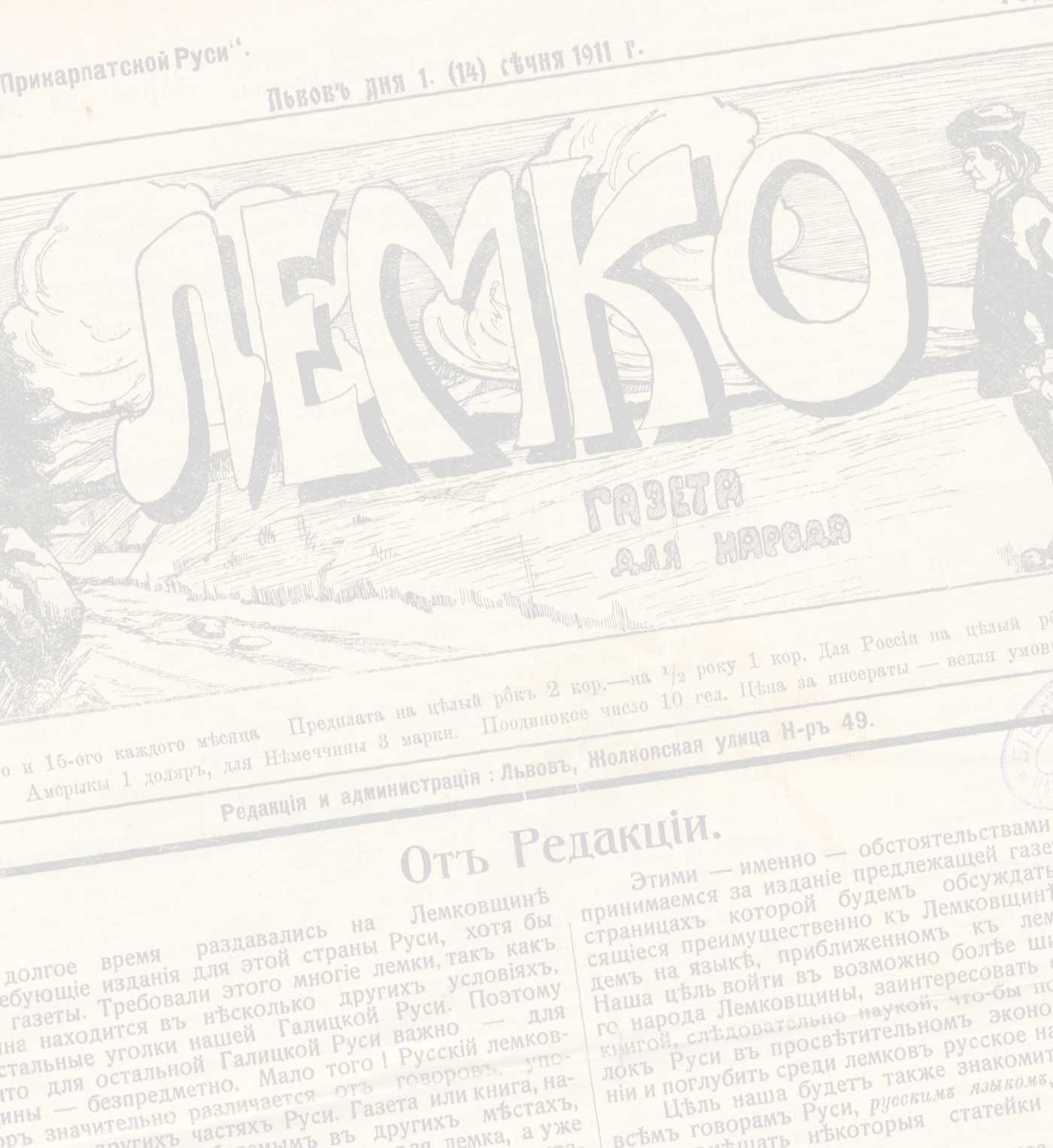
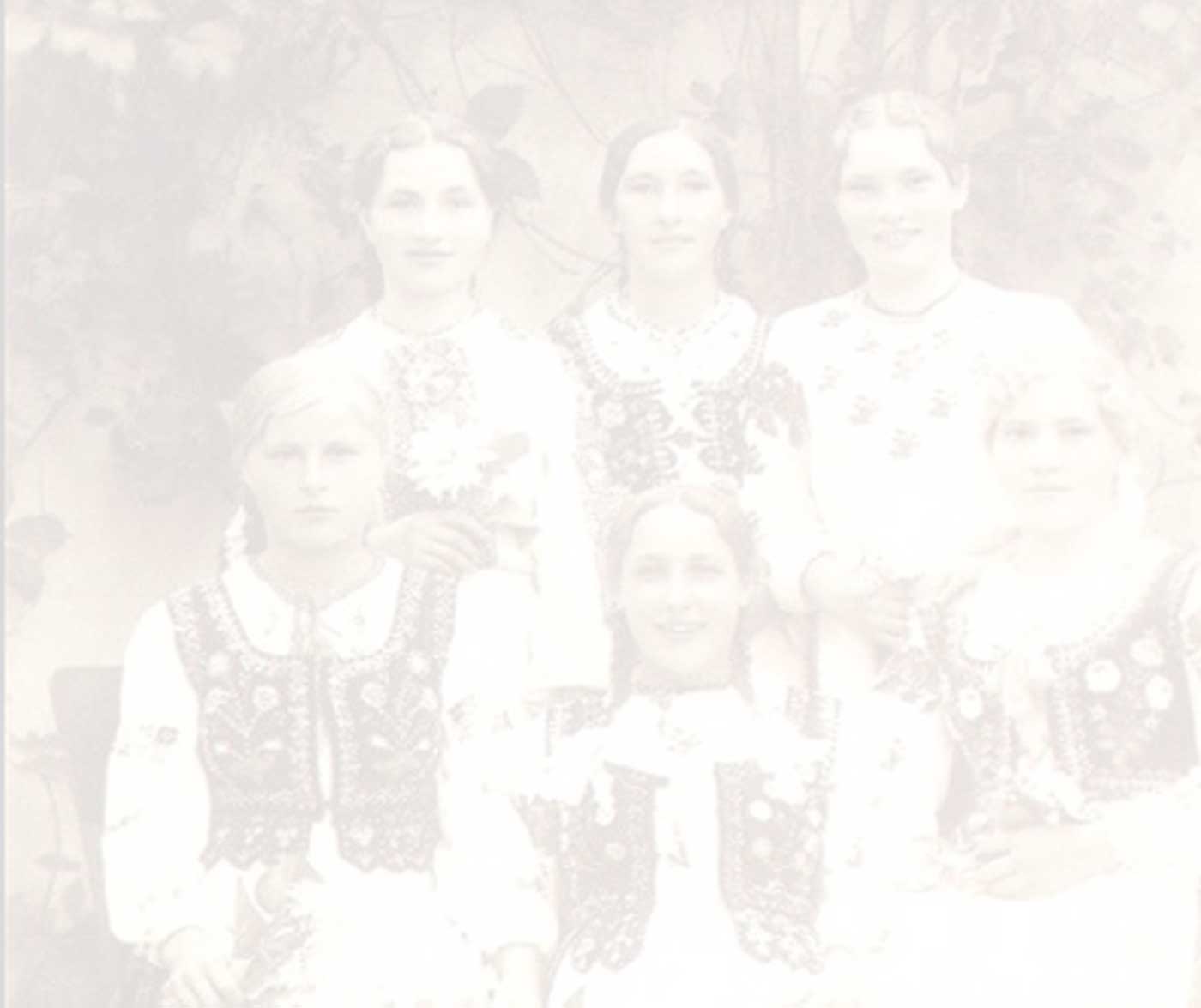
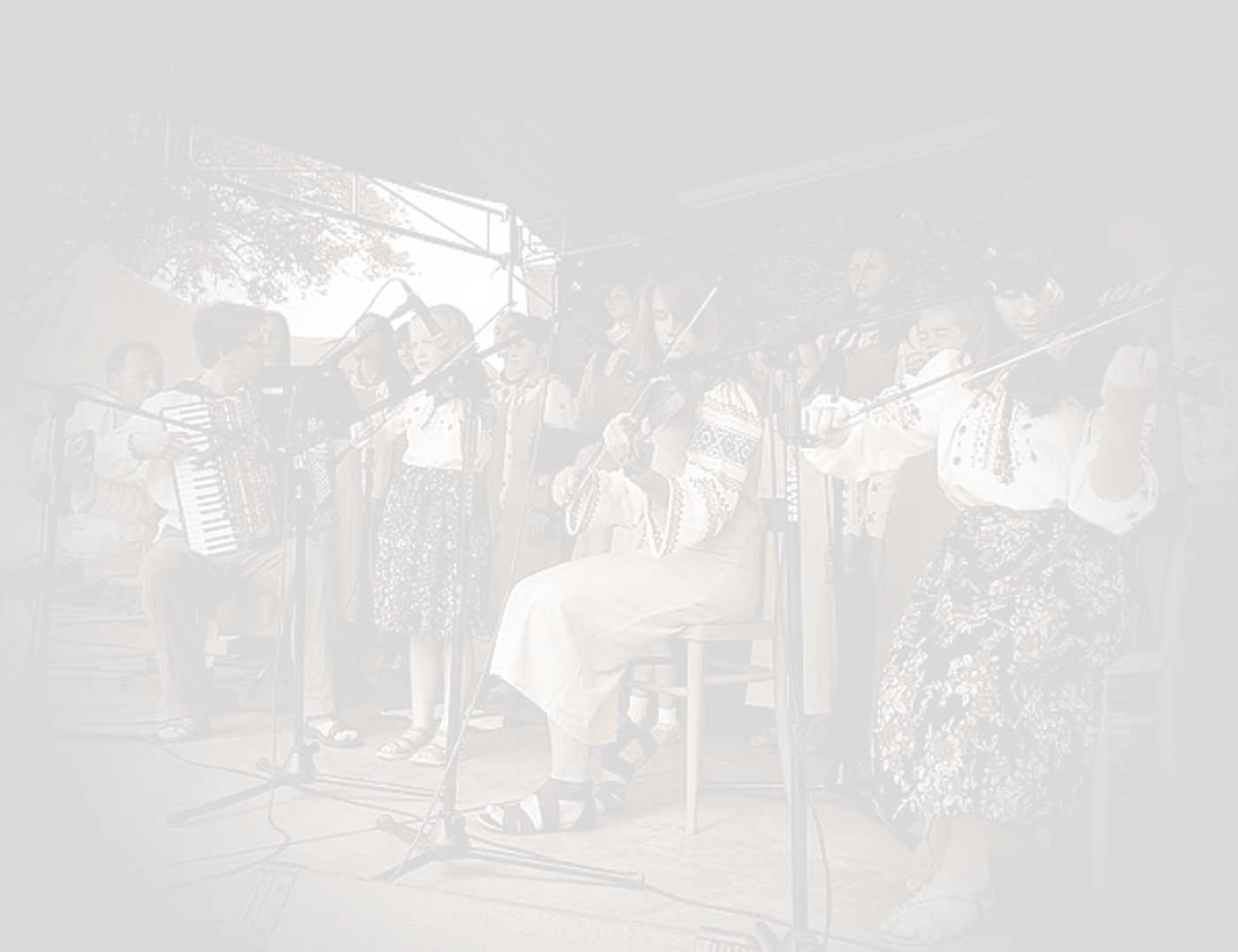
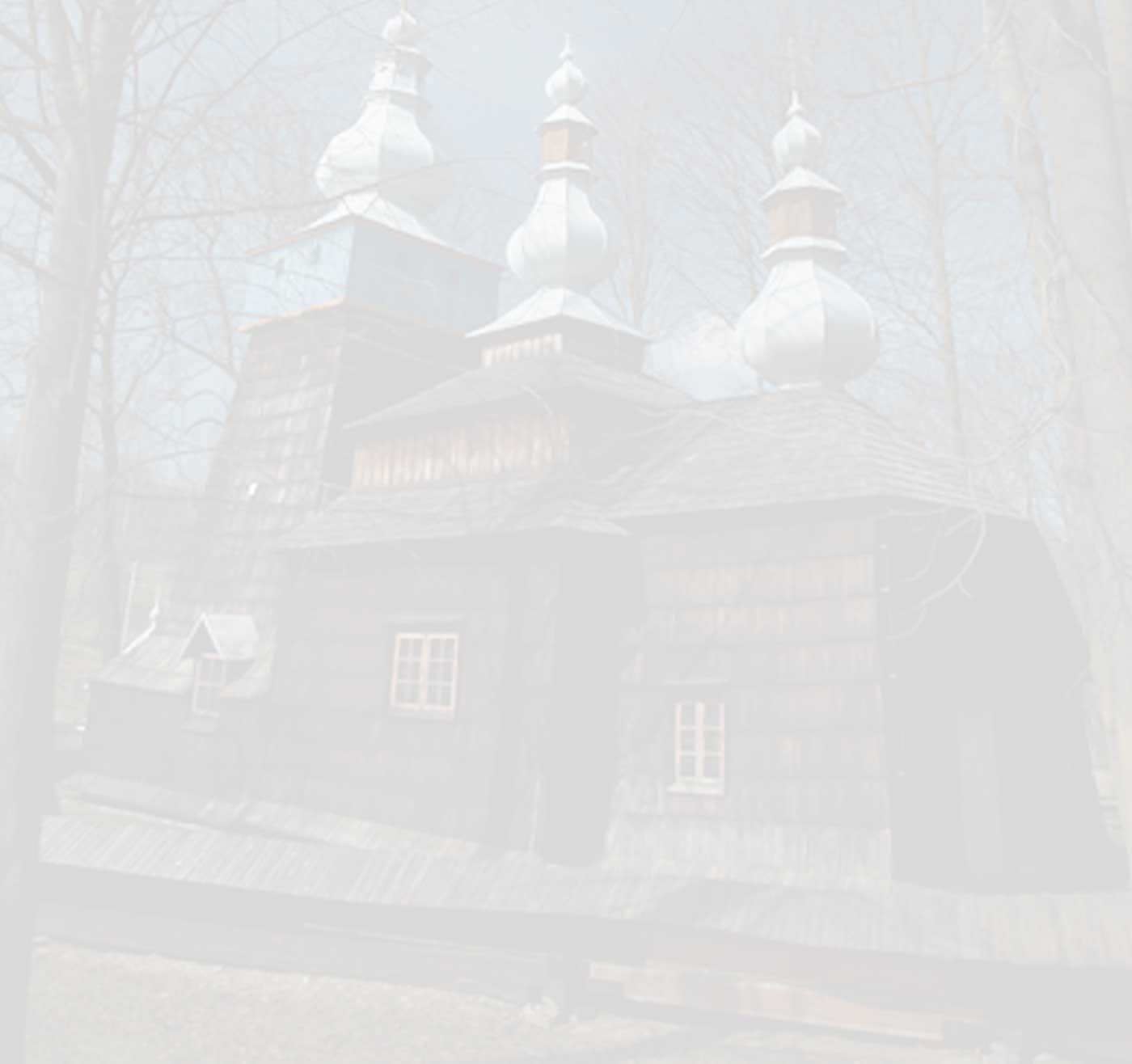
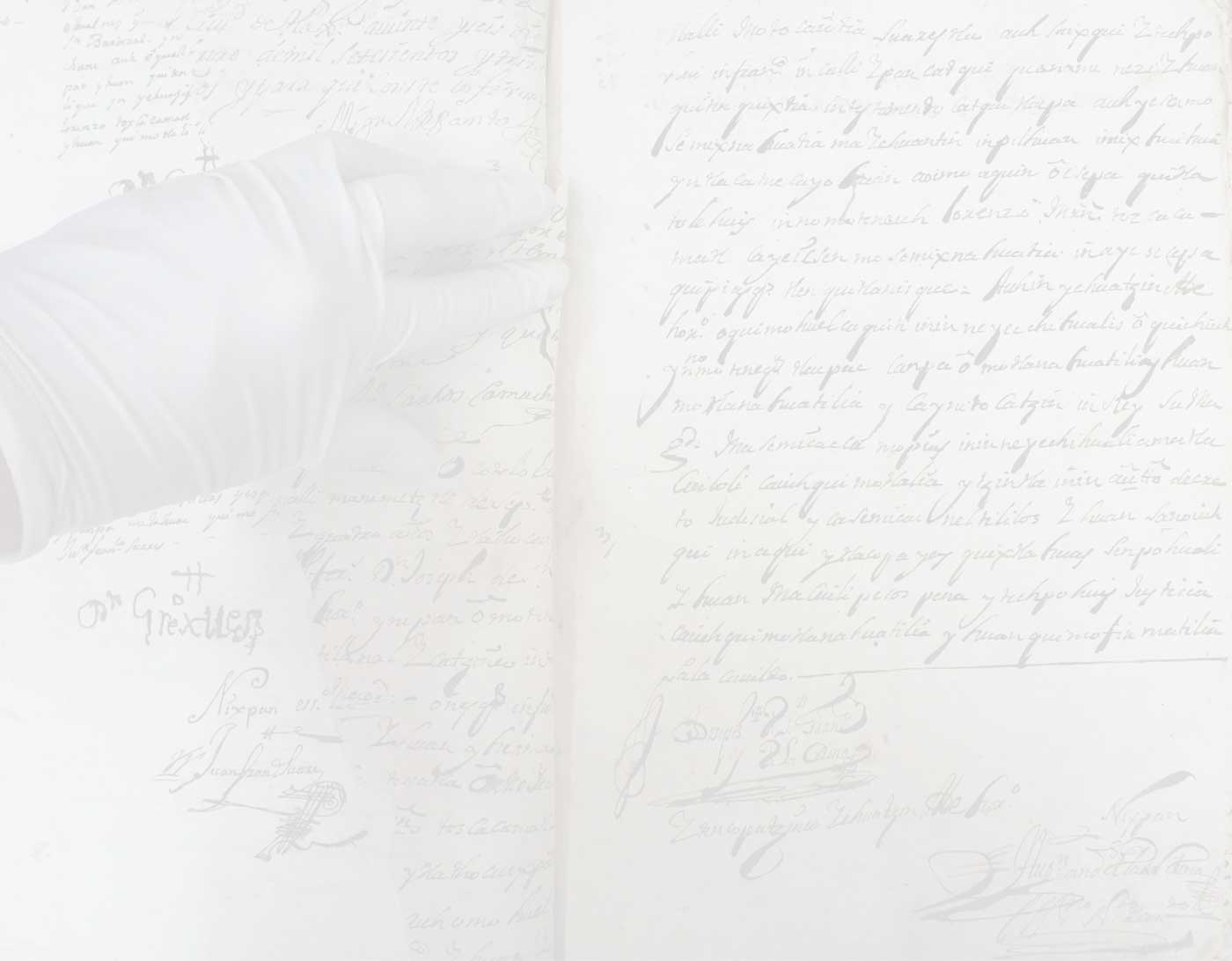
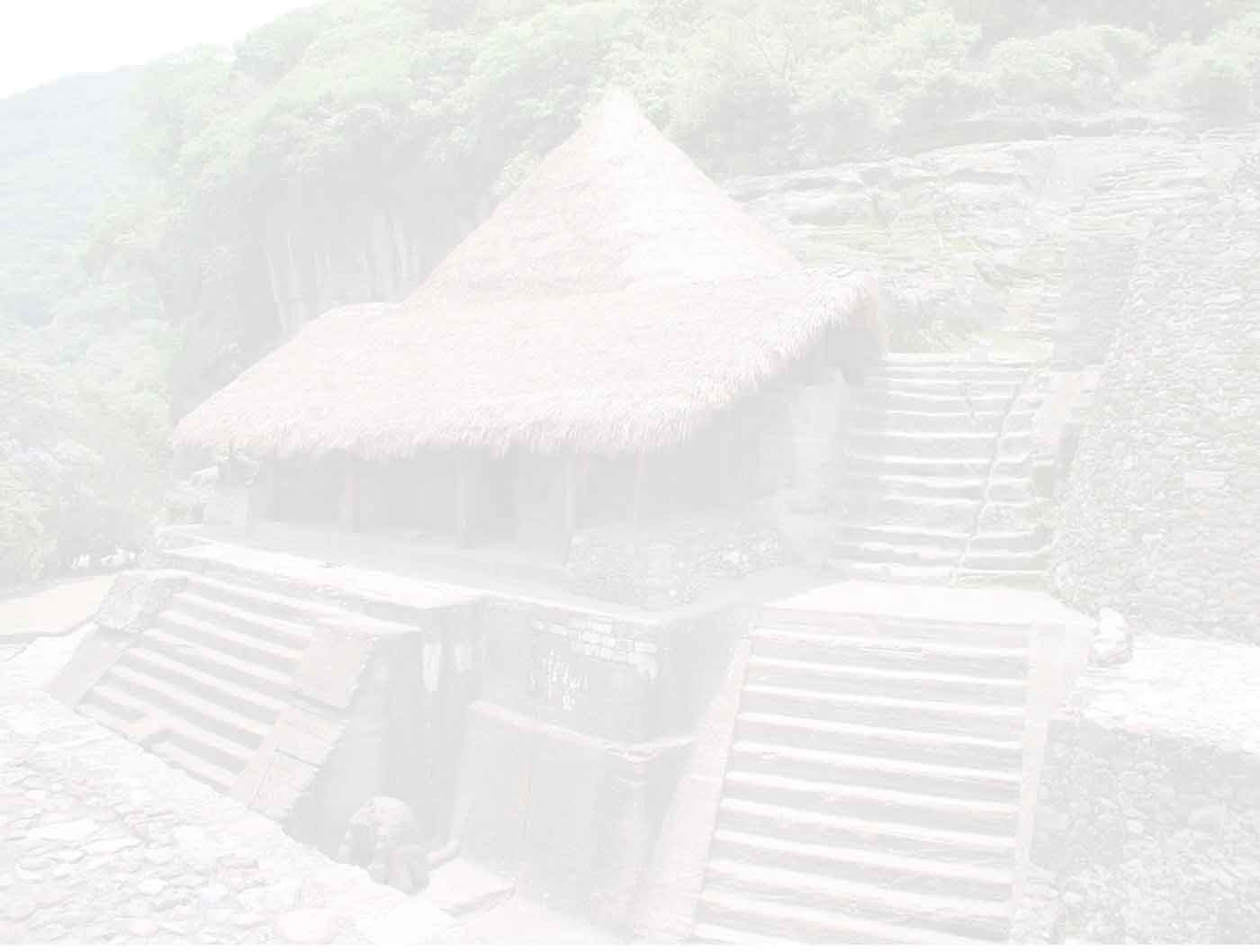




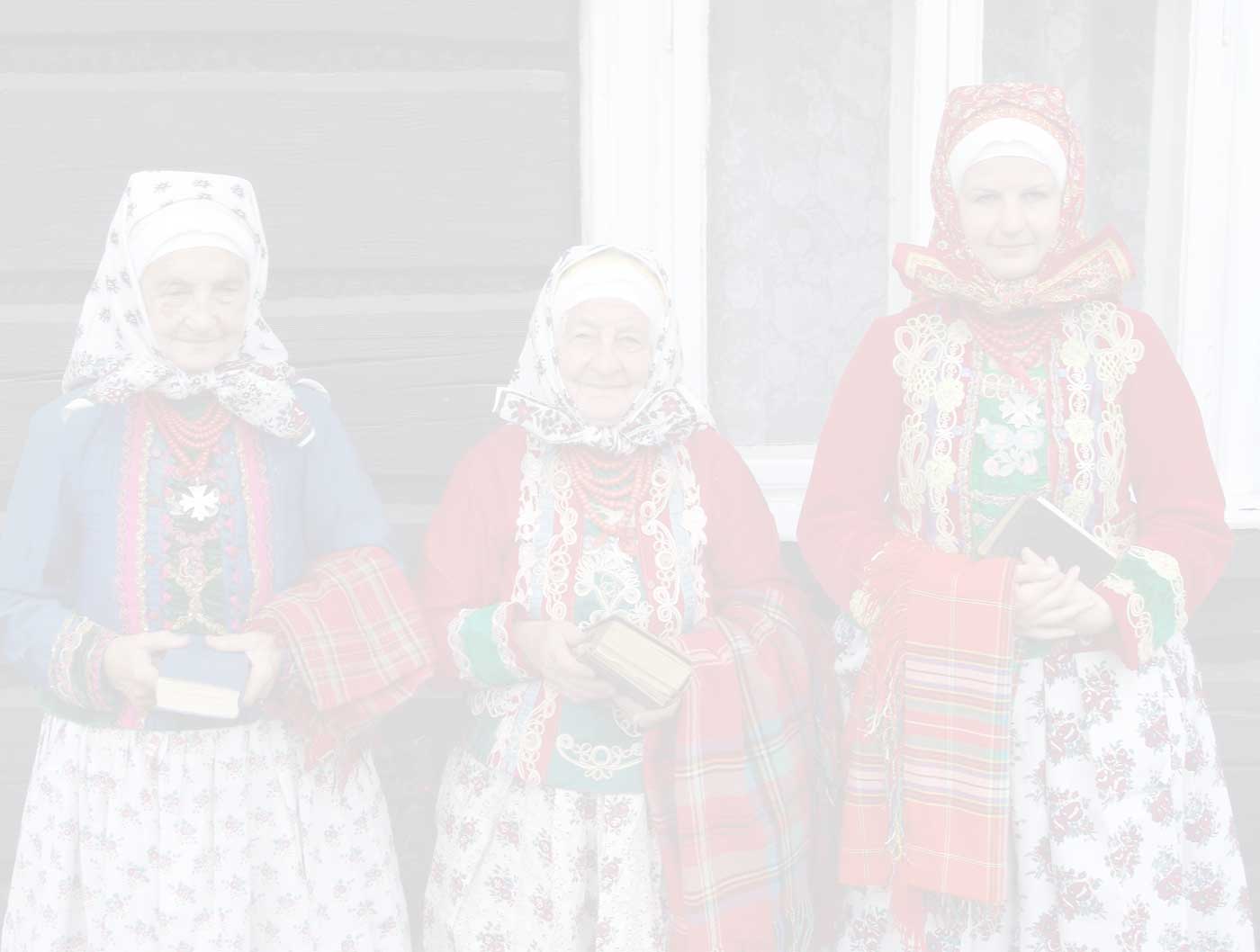
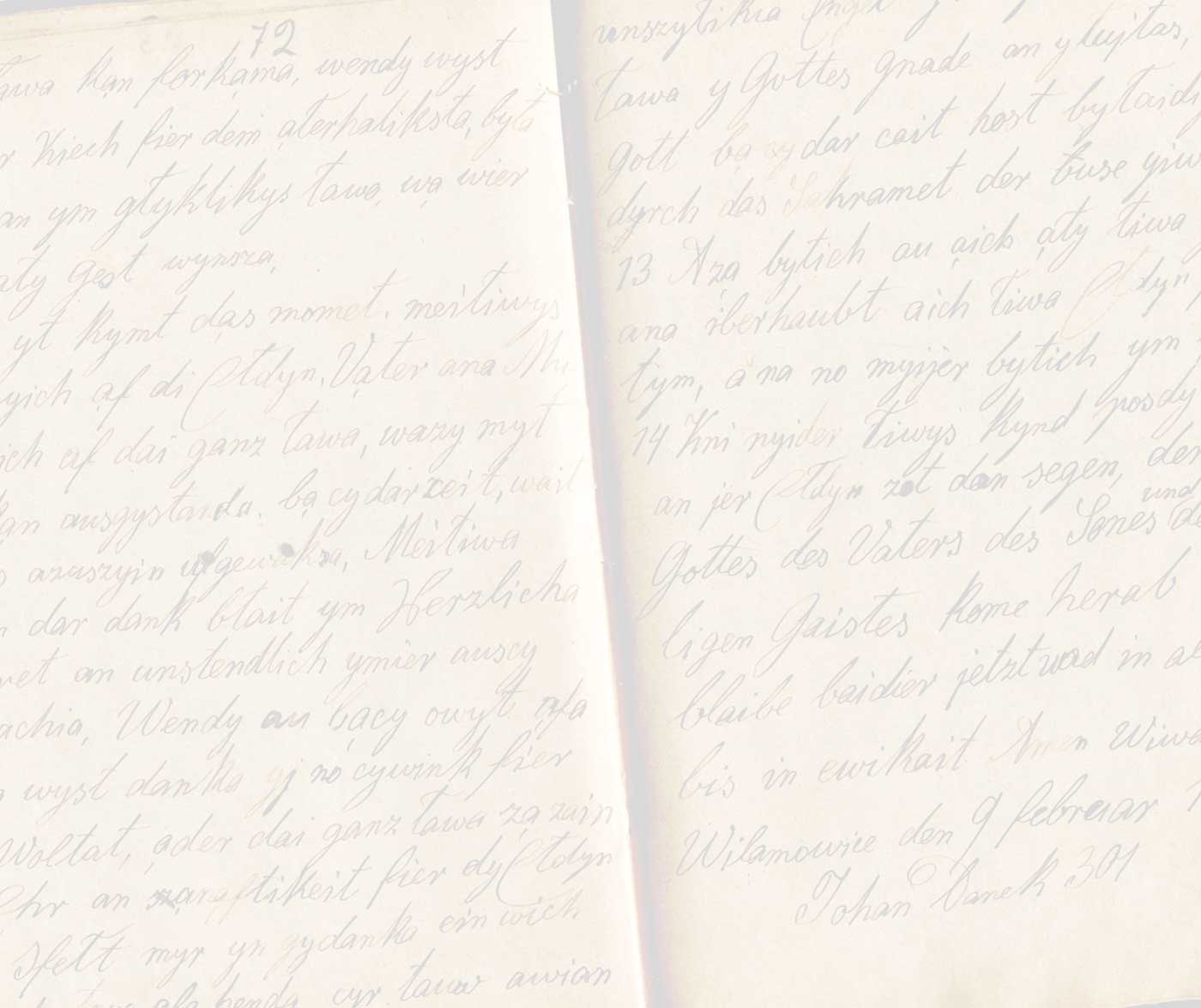













Project´s Principal Investigator. Justyna Olko (Ph.D. 2005) is a permanent researcher and a vice-dean at the Faculty of “Artes Liberales” of the University of Warsaw, where she directs a Research Group “Encounters between the Old and New Worlds.” She specializes in Mesoamerican ethnohistory and anthropology, with a special focus on Nahua (Aztec) culture and cross-cultural transfers and language contact between Europe and New Spain.
She has received several major grants for directing team projects, including the Starting Grant of the European Research Council (2012) and subsidies of the Foundation for Polish Science (2010 Focus Program;2013,Ideas for Poland).
Website: www.jolko.al.uw.edu.pl
2013. “The Insignia of Rank in the Nahua World: From the Fifteenth to Seventeenth Centuries”, University Press of Colorado, in press.

Coordinator of the project's website. She obtained master’s degrees in applied social sciences and in Latin American studies at Warsaw University. In 2008-2012 she worked as a researcher in Centro de Estudios Jurídicos e Investigación Social (Center for Legal Studies and Social Research)- a Bolivian non-governmental organization dedicated to the defense of indigenous peoples’ rights. Currently, she is a PhD candidate at Warsaw University’s Faculty “Artes Liberales”.
Her research project concerns the usage of traditional knowledge (TK) in language and culture revitalization. She is also interested in the human rights situation of indigenous peoples in voluntary isolation and initial contact.
2013. “Relatos de las mujeres Guaraní cautivas: luchando por la liberación del pueblo Guaraní”, Centro de Estudios Jurídicos e Investigación Social (CEJIS), Capitanía de Alto Parapetí, Santa Cruz de la Sierra, in press.
2013. “Contemporary slavery and the struggle for self- determination: the case of the Guaraní people from the Bolivian Chaco”, [in:] Colloquia Humanistica, vol.4.
2010. [& J. Iván Egido Zurita] “Estado de situación de los derechos humanos de los pueblos indígenas en Bolivia”, Defensoría del Pueblo, La Paz.

Coordinator of the project´s Nahuatl revitalization research team. Nahuatl philologist, Ph.D. in Hispanic literature at the University of California, San Diego (1995). Fellow, John Simon Guggenheim Memorial Foundation (2007). Director, Zacatecas Institute for Teaching and Research in Ethnology. Professor, Zacatecas State University. Visiting Professor, University of Warsaw. Research Scholar in Nahuatl Studies and Academic Director of the Yale-IDIEZ Nahuatl Language Institute.
Participant in the ERC Starting Grant project “Europe and America in contact. A multidisciplinary study of cultural transfer in the New World across time”.Coordinator of the team producing Nahuatl monolingual reference works in preparation for the founding of a monolingual Masters Program in Nahuatl Studies at the Zacatecas State University.
2011. “The IDIEZ Project: A Model for Indigenous Language Revitalization in Higher Education” [in:] Collaborative Anthropologies. Vol 4: 139-153. University of Nebraska Press.
2007. “19. The Jalostotitlan Petitions, 1611-1618” [in:] Lockhart, James, Lisa Sousa, and Stephanie Woods, eds. “Sources and Methods for the Study of Postconquest Mesoamerican Ethnohistory, provisional version.” Wired Humanities Project; University of Oregon; Eugene, Oregon.http://whp.oregon.edu/Lockhart/index.html;http://whp.oregon.edu/Lockhart/Sullivan.pdf
2006. “VIII. Espacio, lenguaje y sujeción ideológica en el cabildo tlaxcalteca a mediados del siglo XVI” [in:] Fernández Christlieb, Federico and Angel Julián García Zambrano, coords. “Territorialidad y paisaje en el altepetl del siglo XVI” México: Fondo de Cultura Económica, pp. 531-577 (ISBN: 978-968-16-7981-1).
2003.”Ytechcopa timoteilhuia yn tobicario (Acusamos a nuestro vicario). Pleito entre los naturales de Jalostotitlán y su sacerdote, 1618” Zapopan: Colegio de Jalisco. ISBN: 968-6255-84-2.
1999. “Un diálogo sobre la congregación en Tlaxcala.” [in:] Colonial Latin American Review, Vol. 8, No. 1: 35-59.

Native speaker of the Nahuatl language, writer. He holds PhD in Anthropology from the Center for Research and Advanced Studies in Social Anthropology. Currently he works as a professor and researcher at the Autonomous University of Tlaxcala in Mexico. His main research interests include the preservation and revitalization of indigenous languages and especially of his mother tongue- Nahuatl.
1995. “Adivinanzas Mexicanas”, CIESAS, Mexico.
2009. “Āmo polihuiz in totlahtol. No se perderá nuestra lengua. Ideologías, prácticas y retención del náhuatl en San Isidro Buensuceso”, CIESAS, Mexico.
2012. “Uitsilin”, UAT, Mexico.
2013. “Malintzin itlahtol”, UAT & University of Warsaw, Warsaw.
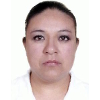
Beatriz Cuahutle Bautista has a degree in Applied Linguistics and she is a candidate for Master in Modern Languages and Discourse Studies in the Spanish area at the Autonomous University of Tlaxcala. She is native speaker of the Nahuatl language, researcher from the community of San Miguel Xaltipan, Contla in Tlaxcala, fellow of the government of Poland and member of the projects “Europe and America in Contact” and “Endangered languages”, carried out by the Faculty of “Artes liberales” at the University of Warsaw.

Abelardo de la Cruz Cruz is teaching and research assistant in the Zacatecas Institute for Teaching and Research in Ethnology (IDIEZ), collaborator of the project “Europe and America in contact” and teacher of Nahuatl language and culture during the summer courses at Yale University. He is a candidate for Master in Education at the Academic Unit of Higher Education at the Autonomous University of Zacatecas. His areas of interest include Nahuatl religion, ethnohistorical approach to religious contact between Nahuatl religion and Christianity in the sixteenth century and an anthropological approach to the attitudes of the Nahuas today towards their own religion in the communities of the Huasteca region in Veracruz, Mexico.

Project´s expert on Nahuatl literature. PhD Candidate in Iberian and Latin American Languages and Cultures at the University of Texas at Austin. Jobs at the University of Utah (2006-2008) and the University of Texas at Austin (2008-2012). Doctoral dissertation Iahqui Estados Onidos: The Articulation of Nahua Identities in Migration in Contemporary Nahua Literature, 1985-2012. Main interests: contemporary indigenous literatures; contemporary and colonial Nahuatl literary production; twentieth century Latin American narrative; U.S. Latino/a studies.
Member of the MLA (since 2006) and currently serving as member of Delegate Assembly, member of LASA (since 2007), member of NAISA (since 2010).Field researches in contemporary Nahua literature in Mexico (Summer 2010, Summer 2011, 2012-2013).
2007. “Allpamama: El regreso de los otavaleños a sus tierras” [in:] Utah Foreign Language Review.
2013. “El rescoldo del tlicuil: Visceral Resistance to Coloniality Within the Generational Tension Among Contemporary Nahua Authors” [in:] A Contracorriente: A Journal on Social History and Literature in Latin America.
2013. “Ixtlamatiliztli / Knowledge with the Face: Intellectual Migrations and Colonial Dis-placements in Natalio Hernández’s Xochikoskatl,” forthcoming in The Oxford Handbook of Indigenous American Literature.

Project´s collaborator. Adjunct professor of History and Director of the Wired Humanities Projects within the College of Education, both at the University of Oregon. She received a doctorate in Latin American history (1984) from UCLA under the direction of James Lockhart. She is a specialist in Mesoamerican ethnohistory, with a focus on Nahuas responding to Spanish rule.
She is also a two-time Fulbright Scholar, author of dozens of articles, and author/editor of several books, including Mesoamerican Memory (2012), Sources and Methods for the Study of Postconquest Mesoamerican Ethnohistory (2007, 2010), and Transcending Conquest (2003). Finally, she is the senior editor of the online, open-access, trilingual Nahuatl Dictionary (2007 and growing; Nahuatl, Spanish, English), the Early Nahuatl Library, (new edition, 2012, and growing), and the Mapas Project, (2008 and growing), among other digital projects.

Project´s expert on Nahuatl language and culture. She was awarded master’s degrees at the Warsaw University’s Institute of Archeology (2006) and Institute of Ethnology and Cultural Anthropology (2010). Currently, she is a PhD candidate at Warsaw University’s Faculty “Artes Liberales.” Her doctoral dissertation project focuses on the usage of Nahuatl kinship terms as reflected in colonial written sources from the area of Central Mexico and is financed by a research grant from the National Science Center.
2013. “The usage of Nahuatl kinship terms in polite speech” [in:] Politeja, special edition, Jagiellonian University, Cracow, in press
2013. “La carrera de Ixtlilxochitl. Una comparación entre fuentes pictográficas y escritas” [in:] “Códices del centro de Mexico. Analisis comparativos y estudios individuales“, UCM, Madrid, in press.
2011. “Holy Family; Nahuatl Kinship Terms in the Context of Christianity” [in:] Estudios de Cultura Náhuatl, vol. 42, p. 109-138.
2007. “Algunas notas en torno a la sucesión real en Texcoco en los años 1520-1545” [in:] Itinerarios, vol. 6, p.163-174.

The main activist of the Wilamowicean language revitalization. Author of scholarly articles and literature in Wilamowicean. Currently he is a student at the Institute of Ethnology and Cultural Anthropology, the Institute of German Philology and the Institute of Musicology within the framework of Inter-Faculty Individual Studies in the Humanities at the Jagiellonian University in Cracow.
Since 2004 he has been documenting Wilamowicean culture (so far he has collected over 500 hours of recordings of interviews with 100 Wilamowicean native speakers and 1100 elements of traditional Wilamowicean clothing). He has been teaching Wilamowicean language since 2011.
2009. [& Elżbieta Teresa Filip] (ed.), “Strój wilamowski”, Stowarzyszenie na Rzecz Zachowania Dziedzictwa Kulturowego Miasta Wilamowice “Wilamowianie”, 2009.
2011. “S’ława fum Wilhelm”, Stowarzyszenie Na Rzecz Zachowania Dziedzictwa Kulturowego Miasta Wilamowice “Wilamowianie”.

Project´s expert on Wilamowicean language, language policy and minority languages. Linguist, sociolinguist. Studies at Adam Mickiewicz University in Poznań, Rijksuniversiteit Groningen and Universität Bielefeld Graduated (Ph.D.) in comparative linguistics and (M.A.) linguistics and science of information. Head of the Dept. of Language Policy & Minority Studies at Adam Mickiewicz University in Poznań; member of institutions dealing with minority language planning.
Independent expert of the Council of Europe’s European Charter for Regional or Minority Languagesand the Polish Parliament and Government Commission on National and Ethnic Minorities. Field work projects among minority and regional language communities in various European and Asian regions. Currently leader of the project Database for documenting Poland’s endangered languages financed with a grant by the Polish Ministry of Science and Higher Education, and member of 3 international project teams working on documentation and revitalization of endangered languages. Teacher of general linguistics, sociolinguistics, language policy and typology of minority language situations.
1997. [& Brunon Synak] (ed.) “Language Minorities and Minority Languages in the Changing Europe. Proceedings of the 6th International Conference on Minority Languages, Gdańsk, 1-5 July 1996”, Wydawnictwo Uniwersytetu Gdańskiego.
2003. “The Making of a Language. The Case of the Idiom of Wilamowice, Southern Poland”, Berlin-New York: Mouton de Gruyter.
2008. “Welcome and unwelcome minority languages” [in:] S. Pertot, T. Priestly & C. Williams (eed.). “Rights, Promotion and Integration Issues for Minority Languages in Europe”. Palgrave Macmillan. Pp. 181-189.
2011. [& C. Obracht-Prondzyński] (ed.), “The Kashubs: Past and Present”, Peter Lang.
2012. “Georgia. A Non-EU State Awaiting the Ratification of the ECRML”, [in:] F. Lebsanft & M. Wingender (ed.) “Die Sprachpolitik des Europarats. Die „Europäische Charta der Regional- oder Minderheitensprachen” aus linguistischer und juristischer Sicht. Walter de Gruyter”, Pp. 105-118.

Project's research assistant and author of scholarly articles about Wilamowicean language. In 2010 he graduated from Warsaw School of Economics where he obtained master’s degree in the field of Quantitative Methods in Economics and Information Systems. In 2012 he was awarded master’s degree from the University of Warsaw’s Institute of Ethnology and Cultural Anthropology. Currently, he is a PhD candidate at the Faculty of “Artes Liberales”.
His doctoral dissertation project concerns toponyms and anthroponyms used in the town of Wilamowice. Previously he researched in the field of common knowledge concerning economics, multicriteria optimization and religiosity of inhabitants of Ukrainian Carpathians.

Lemko native speaker. Project’s coordinator of the research on Lemko language. Literary scholar, the founder of Lemko Philology at the Pedagogical University of Cracow, researches and actively co-creates Lemko cultural reneissance. PhD (1997, Życie literackie Łemków w drugiej połowie wieku XIX i na początku wieku XX), habilitation (2012, Między bukwą a literą. Współczesna literatura mniejszości białoruskiej, ukraińskiej i łemkowskeij w Polsce), both at Jagiellonian University, Cracow, Poland.
She also holds MA in Russian Philology, Psychology, and Art History. Jobs at the Institute of Polish Philology, Jagiellonian University (1998-2000), the Institute of East Slavic Philology, Jagiellonian University and the Institute of Neophilology, Pedagogical University of Cracow (2001-present).
Main interests: literatures and cultures of ethnic minorities; ethnicity versus literature; Lemko Rusyn language, culture and literature; cultural processes in borderlans, relationship between the center and the periphery. Member of the Joint Commission of the Government and National and Ethnic Minorities, as well as the East European Committee of the Polish Academy of Sciences and Letters (secretary responsible for scholarly resaerch) and the World Academy of Rusyn Culture (member of the governing body)
Major publications
2001. „Literatura łemkowska drugiej połowy dziewiętnastego początku dwudziestego wieku” [in:] „Prace Komisji Wschodnioeuropejskiej PAU”, T. VII, Kraków.
2001. [& M. Misiak] „La literature Lemko dans la seconde moitie du XXe siecle”,Universite Charles de Gaulle – Lille III, Lille
2002. „Tsy to lem tuha, tsy nadiia. Antologiia povyselenchoi lemkivskoi literaturŷ”/ „Czy to tęsknota, czy nadzieja. Antologia powysiedleńczej literatury łemkowskiej” - wybór, opracowanie, wstęp, Stowarzyszenie Łemków, Legnica
2007. [& P. R. Magocsi, T. Kwoka] „Rozmawiajmy po łemkowsku/Besiduime po lemkivskŷ/Let’s speak Lemko-Rusyn„ (rozmówki łemkowsko-polsko-angielskie), Rutenika, Warszawa.
2012. „Między bukwą a literą. Współczesna literatura mniejszości białoruskiej, ukraińskiej i łemkowskiej w Polsce”, Wydawnictwo Uniwersytetu Jagiellońskiego, Kraków.

Coordinator of the project´s Lemko dialectal dictionary development. Associate Professor, PhD. Education: Jagiellonian University (1951-1955). Employment: Polish Academy of Sciences: Institute for Slavic Studies, Institute for the Polish Language, at present: University of Warsaw. Member of Warsaw Scientific Society.
Organizer of courses for young researchers from the East (Institute for Slavic Studies, 1993-1996), initiator and co-organizer of International School of Humanities (Centre for Classical Tradition, University of Warsaw, 1996-2009). Initiator of studies on Polish dialects in Ukraine (Institute for the Polish Language 1991-2004). Founder and editor of the series: Studia nad polszczyzną kresową (Studies on the Polish Language in the Eastern Borderlands, I-XII, 1982-2010), Język polski dawnych Kresów Wschodnich (thePolish Language in the Eastern Borderlands, 1-5, 1996-2012), Polskie słownictwo kresowe (Vocabulary of the Eastern Borderland Polish, 2004-2007, 6 books). He has directed 15 PhD dissertations. Studies in: Slavic dialectology and onomastics, history of the Slavic languages, leksykography, with special regard on Ukrainian dialects and the Polish language in the Eastern Borderlands.
2003- 2004. “Gewässernamen im Flußgebiet des San. I-II”, Stuttgart.
2002. [&I.Cechosz, E. Dzięgiel] “Język polski na Ukrainie w XX wieku, cz. I. Stan i status polszczyzny. Gwary polskie w Lwowskiem, na Tarnopolszczyźnie i na Podolu” (“Studies on the Polish Language in Ukraine”, vol. 1), Warsaw.
2007. [& I.Cechosz, E. Dzięgiel] “Język polski na Ukrainie w końcu XX wieku, cz. 2. Polszczyzna w Lwowskiem, Żytomierskiem i na Podolu. Teksty” (“Studies on the Polish Language in Ukraine”, vol. 2), Cracow.
2006. [& I. Masojć, K. Rutkowska], “Słownictwo polszczyzny gwarowej na Litwie” (“The Vocabulary of the Dialectal Polish in Lithuania”), Warsaw.
1997. “Dawna strefa graniczna językowo-etniczna polsko-ukraińska w okolicach Sanoka i Przemyśla w świetle antroponimii” (“The Ancient Polish-Ukrainian Language-Ethnical Borderland near Sanok and Przemyśl in the Light of Anthroponymy”) [in:] Slavia Orientalis, t. XLV, nr 2, p. 193-210.
1980-1991. [coauthor, ed.] “Atlas gwar bojkowskich” (“An Atlas of the Boiko Dialects”), vol. I–VII, Wroclaw.
1997. “A Lexical Atlas of the Hutsul Dialects of the Ukrainian Language”, Warsaw.
2002. [ed.] “Język mniejszości w otoczeniu obcym” (“The Language of Minorities in the Foreign Environment”), Warsaw.
2002. [ed.] “Studia nad słownictwem gwar ukraińskich w Polsce” (“Studies on the Vocabulary of the Ukrainian Dialects in Poland”), Warsaw.
1995. “Słownictwo i nazewnictwo łemkowskie” (“The Lemko Vocabulary and Onomastics”), Warsaw.
2004. “Становиско і зріжницюваня «русинскых» діалектів в Карпатах” (The Position and Differentiation of the «Rusyn» Dialects in the Carpathian Region”) [in:] P.R.Magocsi (ed.), Русыньскый язык. Opole, p. 39-65.
1989. “Z dziejów języka rosyjskiego” (“From the History of the Russian Language”), Warsaw, (2nd ed. 1998).